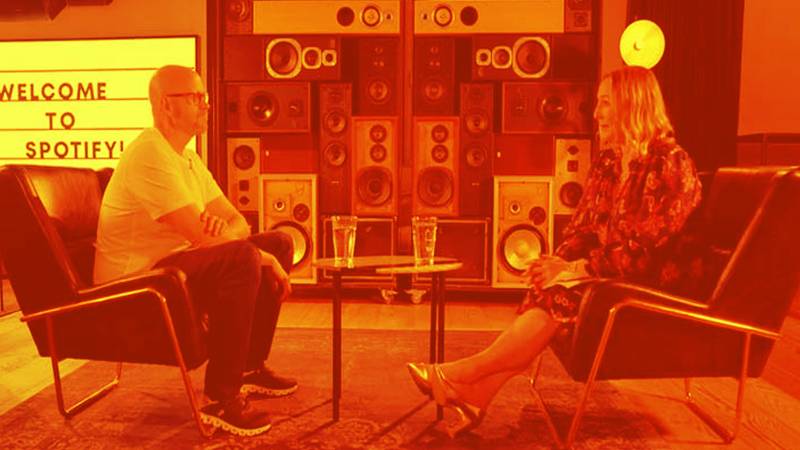
The chief of Spotify said he has no intention of removing all artificial intelligence-generated content from the music streaming service.
An AI-cloned single that included the vocals of artists Drake and The Weeknd was removed from the platform earlier this year.
According to Daniel Ek, there are legitimate applications for technology in the creation of music, but AI shouldn't be used to imitate human musicians without their permission.
He predicted that there would be "many, many years" of debate about the use of AI in music.
Ek, who seldom speaks to the media, said that he observed three "buckets" of AI use: instruments that enhance music, such as auto-tune, instruments that imitate musicians, and a more problematic middle ground where AI-produced music was obviously inspired by existing artists without outright imitating them.
When questioned about the difficulty the industry was facing, he replied, "It is going to be challenging.
The corporation forbids the use of its material to train a machine learning or artificial intelligence (AI) model, the likes of which may subsequently create music, even if AI is not entirely outlawed on the platform.
Artists are speaking out more frequently against AI's usage in the creative industry.
The Irish artist Hozier hinted last month that he would go on strike in response to the danger that AI poses to his line of work.
He admitted to being unsure of whether the technology "meets the definition of art" on BBC Newsnight.
Drake and The Weeknd were not aware that Heart on My Sleeve used cloned copies of their voices. In April, the song was taken off of Spotify and other streaming services.
The Financial Times reported in May that thousands of tunes had been taken off of Spotify after it was found that bots had been employed to exaggerate the number of streams.

